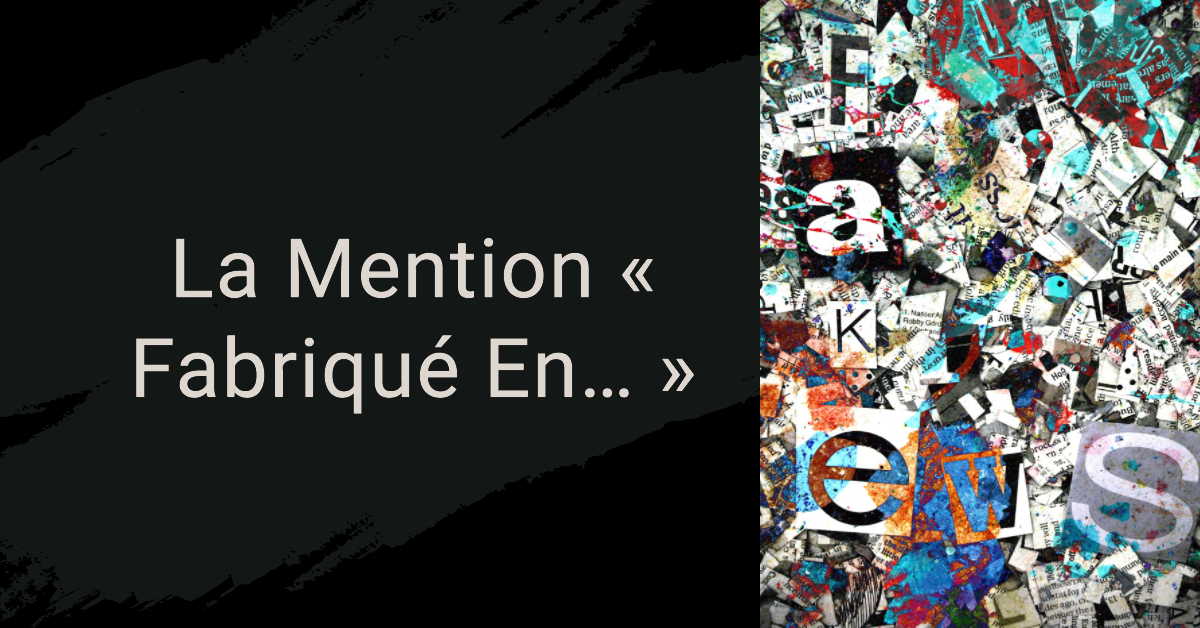The Mondelez International example: Consequences of relocation
Mondelez International, a titan of the food industry, recently decided to relocate part of its production to Slovakia. This decision has immediate repercussions on the company’s marketing, since under Swissness legislation, the company will no longer be authorized to use the words “from Switzerland” or to reproduce the iconic image of the Matterhorn on its Toblerone® packaging (international trademark no. 1533540).
The value of "Made in ... A marketing asset
It’s undeniable that statements such as “Made in Switzerland” or “Made in France” add a certain value to a product, often making it more attractive to consumers who associate these statements with a guarantee of quality. Many companies are capitalizing on this asset to boost customer confidence and brand recognition.
"Made in France": precise criteria to be met
The use of the “Made in France” label is governed by strict rules, as defined by the European Union Customs Code:
-
Products made entirely in France: A product can be labelled “Made in France” if it has been entirely designed and manufactured in France.
-
Products partially manufactured in France: For products that have undergone partial manufacture in France, the statement is authorized on condition that the “last substantial transformation” was carried out in France.
Warning: Brand sincerity
It’s important to remember that all brands must be transparent and honest with consumers. It must not be misleading as to the nature, quality or geographical origin of the products and services it protects. Deceiving consumers can not only damage a brand’s reputation, but can also result in legal penalties.

